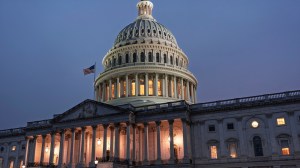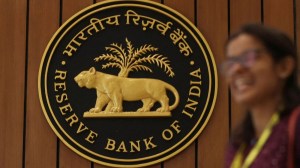Justice Pandya retires today
August 4: Justice N J Pandya, the seniormost puisne judge of the Bombay High Court, will retire on Saturday after serving as a judge of th...

August 4: Justice N J Pandya, the seniormost puisne judge of the Bombay High Court, will retire on Saturday after serving as a judge of this court for three years. He will turn 62 on August 6.
Born in Rajkot, Gujarat, Justice Niranjan Janmashankar Pandya hails from a family of lawyers. He started practice as a lawyer in Rajkot and was alsonominated as corporator on the formation of the municipal corporation of Rajkot. He joined the judiciary as direct district judge in 1977. During this time, the country’s very first Lok Adalat was organised in March 1982 at Una taluka in Junagadh district, Gujarat.
It was in Junagadh too that the very first Conciliation Board was established in April 1984. Justice Pandya was actively associated with the Lok Adalat movement at the district level till he was elevated to the Gujarat High Court in June 1990.
He was transferred to the Bombay High Court on October 23, 1997. He was first assigned to the Goa bench for five months and was posted in Mumbai in April 1998. He was also posted on deputation on the Nagpur bench for eight weeks. During his stay in Mumbai, as the seniormost puisne judge, Justice Pandya was appointed as acting chief justice of the Bombay High Court from February 14, 2000 to March 31, 2000.
He worked both at Gujarat and Mumbai as chairperson of the PASA, MPDA and COFEPOSA boards. He is chairperson of the Advisory Board of the Prevention of Illicit Traffic in Narcotic Drugs and Psychotropic Substances Act, 1988, and of the Advisory Board of the Prevention of Black Marketting and Maintenance of Supplies of Essential Commodities Act, 1980. He was recently appointed as executive chairperson of the Maharashtra State Legal Aid Committee.
Justice Pandya has adjudicated important litigation in matters such as the Coastal Regulation Zone, Hawking Zones, Borivli National Park, Andheri flyover, Mumbai-Pune Highway, Rathi murder case, Santacruz Relief Road, MbPT Rent Fixation and Foreign Awards Act. He has also dealt with corruption cases and those pertaining to Section 138 (bounced cheques) of the Negotiable Instruments Act.



- 01
- 02
- 03
- 04
- 05




























